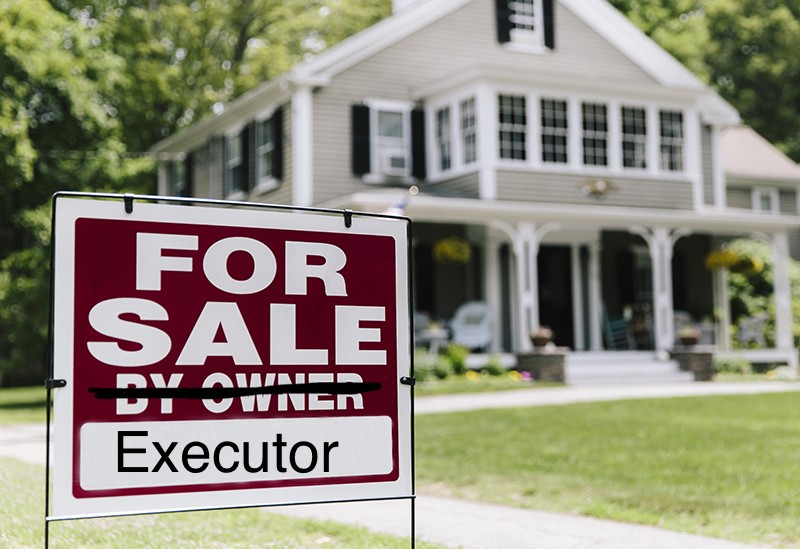Inherited Homes - What You Should Know - Estate Synergy


Capital Gains & The Estate Home
An inheritance is a windfall that can absolutely help someone’s financial situation — but it can make your taxes tricky. If you inherit property or assets, as opposed to cash, you generally don’t owe taxes until you sell those assets. These capital gains taxes are then calculated using what’s known as a stepped-up cost basis. This means that you pay taxes only on appreciation that occurs after you inherit the property. A financial advisor could help ensure that you are filing your returns correctly. Let’s break down how capital gains are taxed on inherited property.
The House: Inheriting a property is a big responsibility, especially if you already know you don’t want to keep the house. Unfortunately, many people are unaware of the various financial considerations associated with selling inherited property – which can lead to some surprises when tax season rolls around.
The process of selling an inherited house is made even more complex by the fact that oftentimes, ownership is divided among siblings or other relatives. If you are expected to inherit a property, or need to walk a loved one through the process, the following frequently asked questions can help:
What every executor and what their real estate agent should know…
Aside from the financial aspects of selling an inherited property, there are also certain responsibilities associated with a real estate transaction to be aware of. Often the person who inherits the house is responsible for removing personal belongings and clearing the property. Once the sale process is initiated, leave yourself time to manage these responsibilities.

Dealing With Potential Issues Tip #1
Can Siblings Force the Sale of Inherited Property?
Siblings can force the sale of inherited property if ownership is divided. If the majority of siblings want to sell an inherited home, or if the Estate needs additional funds to cover debts, the sale can be initiated through a probate action.
When a house is left to multiple beneficiaries, the first step is to come to an agreement on either selling or buying out other siblings. If an agreement cannot be reached, a partition action can be filed with probate court to force the sale of the house. At this step, lawyers will get involved to negotiate how to proceed.
If the court approves the sale of the house, the property will be listed and sold for the appraised price. The proceeds from the sale will then be split among the beneficiaries — even if one heir objected to the sale.


The Bottom Line
The difference between success and failure is having the right group of advisors. Estate Synergy Network can help you sell the house and everything in the house. Our sister company EstateDepot.com can help with the estate sale and one of our local Estate Certified Real Estate Agents can help you list and sell the house. As an executor of estate you need the best team of estate professionals assisting and advising you every step of the way.
2 thoughts on “Inherited Homes – What You Should Know”
Leave a Reply Cancel reply
© Estate Synergy Network, LLC. All Rights Reserved.


Thanks for the article! I am considering to join your network as a referral partner. I have a different question.. Does your company offer real estate brokerage agency services? We are looking to hire an agency to rebuild our website and handle our social media presence. I have a colleague that told me your office assisted him with these extra services.. I’d be interested.
Hi there Jenny! Absolutely we can help. EstateSynergy has expanded our services to offer website, SEO, referrals, leads, and social media management. We sent you a direct email. Thanks for your comment!
Mark G. EstateSynergy Support.